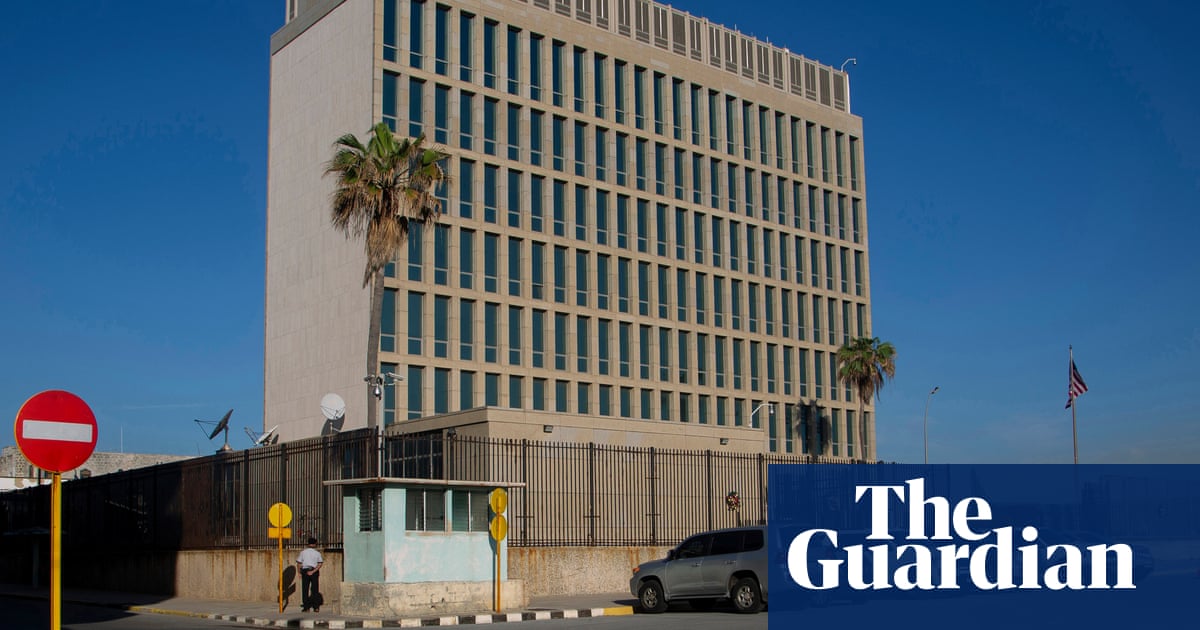
Congress will make another attempt on Wednesday to understand a succession of brain injuries and hearing loss incidents suffered by US diplomats in several nations, a mystery phenomenon that has come to be known as Havana syndrome.
A comprehensive investigation published last month by a coalition of media outlets said an elite Russian intelligence and assassination unit was probably responsible for targeting US embassy employees with sonic weaponry, contradicting an earlier government assessment that no foreign adversary was involved.
On Wednesday afternoon, a House intelligence subcommittee will examine the incidents, with its chairman, the Texas Republican congressman August Pfluger, expressing concern that authorities might be mistaken.
“The possible targeting of Americans resulting in anomalous health incidents, especially on US soil, is a chilling reminder of the potential lengths adversarial regimes could go to undermine and disrupt our diplomatic, military or intelligence activities,” Pfluger said in a statement previewing the scheduled 2pm ET meeting of the House homeland security subcommittee on counterterrorism, law enforcement and intelligence.
“If caused purposefully by foreign actors, these attacks are a clear and blatant violation of our national sovereignty. This subcommittee has a responsibility to examine these incidents and the potential technology and culprits behind them.”
The meeting will hear testimony from military officials, experts in energy weapons, and Christo Grozev, chief author of the report published by the Insider, 60 Minutes and Der Spiegel following a year-long investigation.
Also appearing will be Mark Zaid, an attorney who represents more than two dozen people who say they became victims of Havana syndrome at US embassies and other government outposts in Cuba, China and a number of European countries.
“It has been so distressing to see how much effort our government has undertaken to cover up the true details of these attacks, no doubt perpetrated by a foreign adversary,” Zaid said in the report.
One potential line of inquiry is the 2020 arrest and subsequent deportation of a Russian spy who worked as a chef at Russia-themed restaurants in New York City and Washington DC, and who was interrogated by an FBI agent who later came down with Havana syndrome.
Seven separate government agencies spent several years looking at the phenomenon, which was first reported in 2016 by diplomats in Cuba’s capital complaining of brain injuries, hearing loss, vertigo and strange auditory sensations.
Five of the agencies concluded it was “very unlikely” that foreign actors were involved. But reports continued to amass, including the US defense department revealing last month that a senior official who attended a 2023 Nato summit in Vilnius, Lithuania, experienced similar symptoms.
In 2021, Congress passed the Havana Act, authorizing the state department, CIA and other government agencies to provide payments to staff and their families who were affected during assignments.
Source: theguardian.com


















